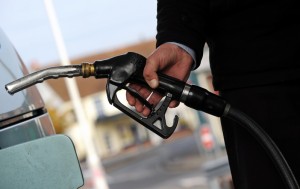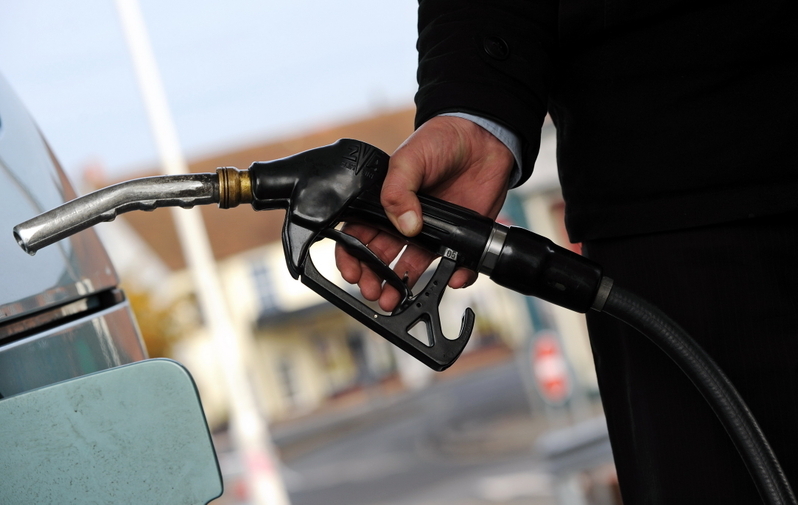
(AFP Photo)
Finance Minister Abdel Moneim Fayad discussed on Monday at the Shura Council raising energy subsidies to EGP 120bn, up from EGP 99.6bn, as of the new 2013/2014 fiscal year budget.
The decision to raise energy subsidies is yet to be approved by the council.
“The petroleum ministry has asked to raise subsidies of petroleum products for the upcoming budget through applying the smartcard system for subsidized fuel for each individual,” Fayad said.
Fayad’s announcement comes after an official statement made by Petroleum and Mineral Resources Minister Sherif Haddara that strategic reserves of three vital fuel products will run out by end of this month.
Amid the fuel crisis and heavy subsidy bill, the government approved a new smartcard system for subsidised fuel in January proposed by the ministries of finance and petroleum, in an attempt to limit subsidised fuel per car.
Once the card owner depletes their allotment of the subsidized fuel, they will then be forced to pay market prices.
The system, which will be effective in early July or August, was initiated by the government in an attempt to reduce Egypt’s energy subsidy bill from EGP 120bn to EGP 100bn in 2013/2014.
Despite the economic challenges to paying the energy subsidy bill, Qandil revealed on Sunday that the government had managed to repay money it owed this year to petroleum companies totaling $7bn, as well as repaying some of previous years’ outstanding debt.
As for the smart card system, its initial stage was launched earlier this month for the distribution of gasoline and diesel from fuel depots to gas stations, starting with three stations belonging to Shell.
According to Qandil, about 18,000 cards had been distributed during the first phase.
He also announced that the second phase of the fuel subsidy smartcard system will start next month to combat smuggling and rationalise subsidies.
Officials have been attributing the ongoing nationwide fuel shortage to smuggling, amid growing anger from drivers.
Starting in September, the system will incorporate unregistered cars, tuk-tuks and motorcycles in an attempt to integrate them into the new system and have their data recorded on the database.
Rationing fuel subsidies is one of the International Monetary Fund’s prerequisites to provide the country with a $4.8bn loan.
The fuel subsidy card system was launched at a time at which Egypt is facing fuel shortages due to lack of foreign currency reserves necessary to import fuel.
Since the beginning of this year, the government has pledged to combat the crisis.
Last April, former Finance Minister Al-Morsi Hegazy said that the new budget will aim to move towards gradual financial reforms through energy structuring and reforming energy subsidies, particularly electricity.




